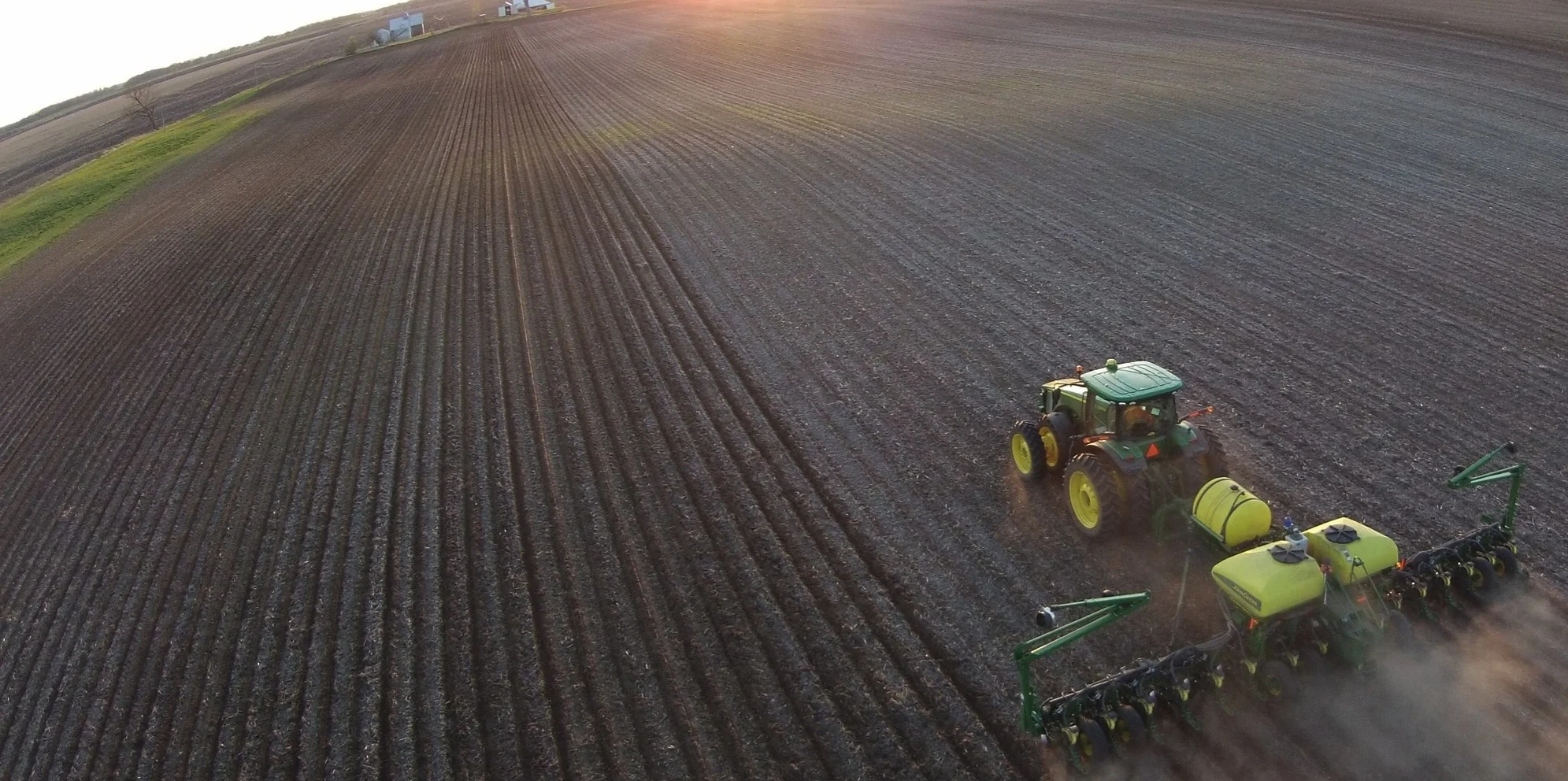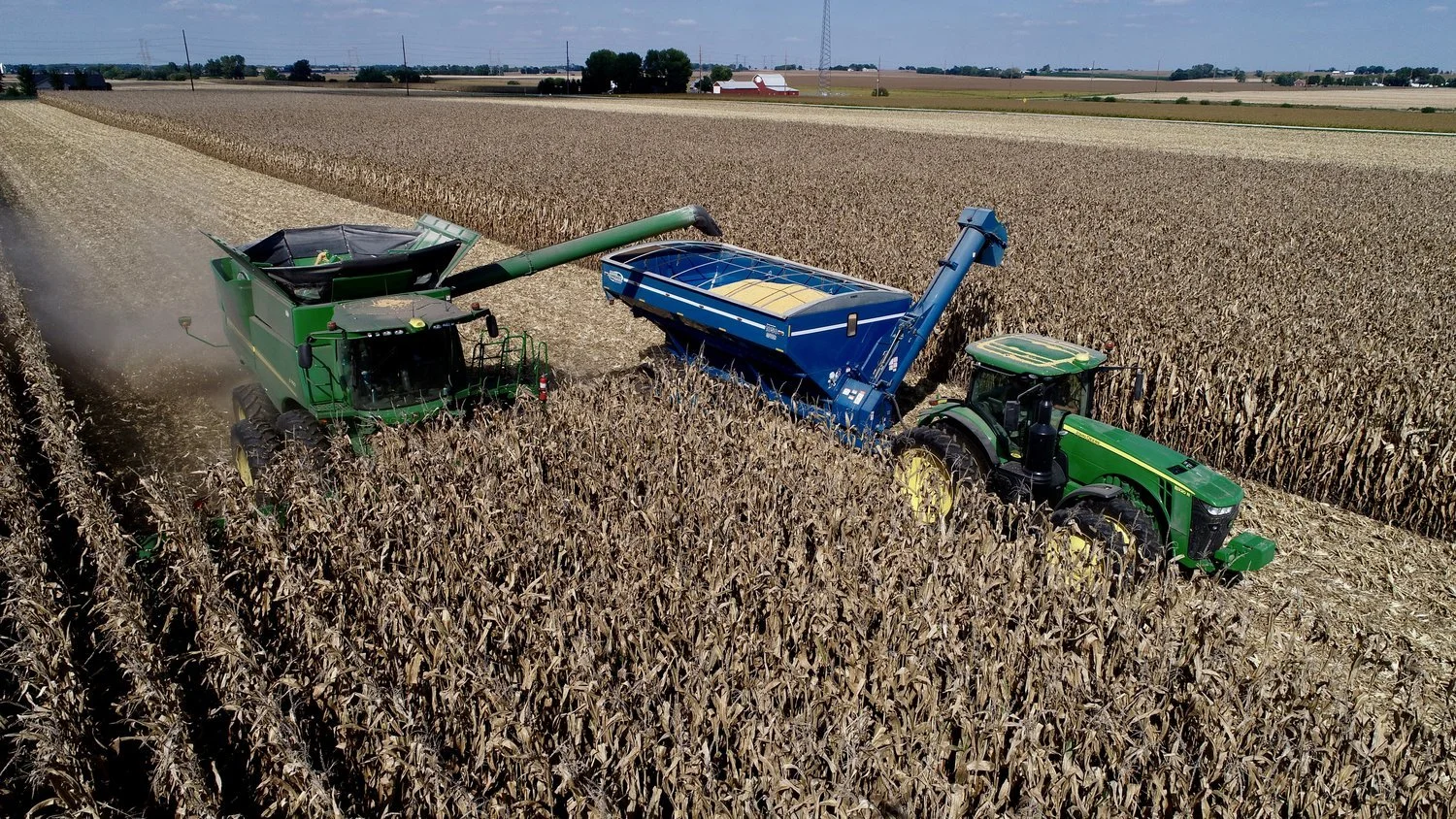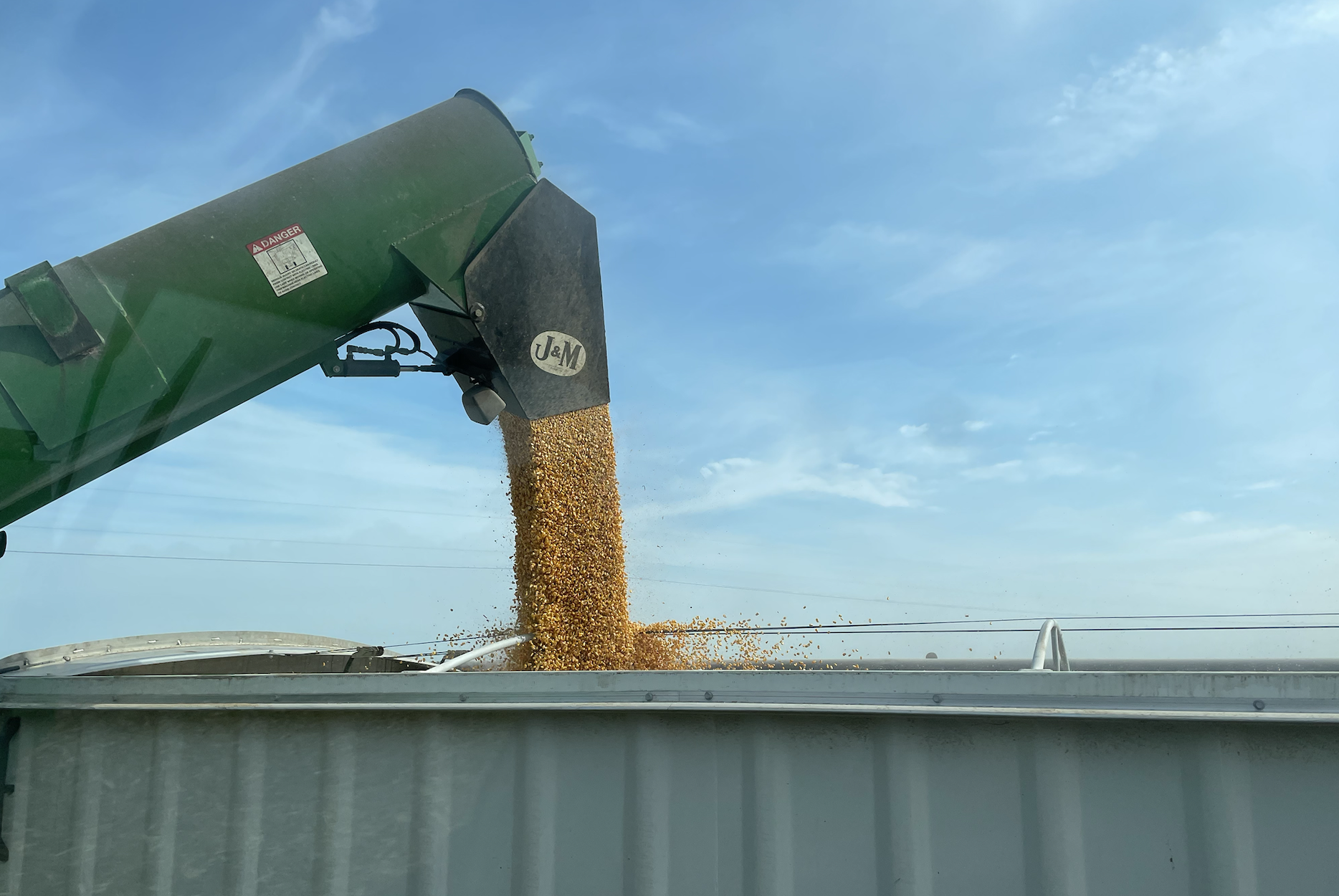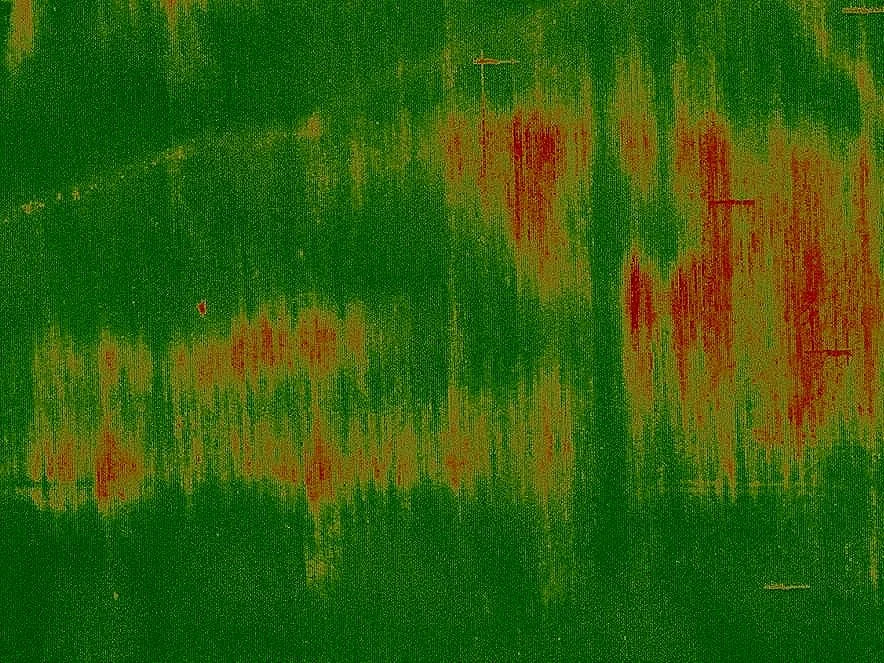The FieldView-Tillable Breakup: What Went Wrong
/Almost no one reads tech contracts (privacy policies, EULAs, terms of service, etc.) This fact has led tech providers to go overboard, creating long and complex agreements. This makes users even less likely to read the agreements, and bolsters the tech provider’s belief that no one cares about what they sign. It is an endless, shameful, cycle. However, this cycle breaks when something goes wrong and users start to ask questions. That’s what happened this past week and led The Climate Corporation to terminate its partnership with Tillable.
What happened: To understand what happened, you must first understand the players. Most farmers understand that The Climate Corporation’s FieldView platform is designed to help farmers manage ag data from planting to harvest. FieldView is a very well-known and widely used platform, claiming to have over 60 million acres of data. FieldView is a product of The Climate Corporation, once a Silicon Valley startup and now owned by Bayer. I will refer to The Climate Corporation as “Climate” in this post, although that is not really accurate (more on that later).
Tillable, too, began its life as a venture capital backed-startup. Tillable seeks to connect landowners and farmers to maximize rental agreements between the two. A farmer can sign up for Tillable and look for new ground to rent; and a landowner can sign up and look for farmers who will pay more to rent their land.
In October 2019, Tillable and Climate announced a “partnership” to work together. Only Tillable and Climate know exactly what this means, as a “partnership” can take many different legal forms and neither has published the partnership agreement (to my knowledge). Mike Stern, Climate CEO, said in the initial press release the partnership was a data sharing integration: “With FieldView integration, farmers using Tillable can more easily share data about their operation to continue building their reputation, and landowners can rest assured that their property is being properly cared for and will remain a protected investment.”
In February 2020, however, farmers and landowners started receiving letters from Tillable with offers to lease farmland. I’ve heard that some of these offers were too high, some were too low, and others were alarmingly close to current cash rents that could be derived from FieldView data. Many farmers were convinced that the Tillable offer letters were result of data sharing with Climate. Adding fuel to the fire was the coincidence that Tillable’s CEO, Corbett Kull, also founded 640 Labs, a company that was ultimately acquired by Climate and instrumental in developing FieldView.
Climate and Tillable both denied any data sharing occurred, but it was too late. The fallout from farmers was enough for both platforms to announce the end of their partnerships. On February 14, 2020, Climate’s Stern announced discontinuation of the “platform partnership” with Tillable. Tillable issued a similar press release and explained that the platform integration with FieldView had not yet occurred.
If no data was actually shared—I have no way of knowing if this is true, but let’s assume it was—why did so many farmers believe otherwise?
Because the truth was buried in pages of fine print that few people can understand and even fewer take the time to read.
The fine print: I am going to focus on Climate here, since it already has thousands of users and millions of acres on its platform.
One of the Ag Data Transparent Core Principles is that tech providers should clearly define key terms so that farmers understand with whom they are dealing:
Terms and Definitions: Farmers should know with whom they are contracting if the ATP contract involves sharing with third parties, partners, business partners, ATP partners, or affiliates. ATPs should clearly explain the following definitions in a consistent manner in all of their respective agreements: (1) farm data; (2) third party; (3) partner; (4) business partner; (5) ATP partners; (6) affiliate; (7) data account holder; (8) original customer data. If these definitions are not used, ATPs should define each alternative term in the contract and privacy policy. ATPs should strive to use clear language for their terms, conditions and agreements.
Climate’s initial problem is that it is not clear who is behind the FieldView platform. Part of this is due to history. FieldView began as a tool for Precision Planting, a company later acquired by Monsanto. Monsanto sold off certain Precision Planting hardware to AGCO, and the FieldView platform became part of Monsanto’s Climate division. Climate’s End User License Agreement (EULA) and Privacy Statement do not help matters. Both contracts are both filled with references to The Climate Corporation, FieldView, Affiliates, Bayer Group, third-parties, and Platform Partners. Sharing data with the FieldView platform begins with an ambiguity about who, exactly, FieldView is. Legally, today, FieldView is a Bayer product, just like a Chevrolet is a General Motors product. Climate and Monsanto are part of Bayer, not stand alone entities.
Reading online complaints from the last few days makes clear that many users, too, were not sure where Tillable fit into the relationship with Climate. Was it owned by Bayer, controlled by Bayer, or backed by similar venture capital investors? Perhaps this is one reason that Stern, Climate’s CEO, had to clarify in Climate’s renunciation press release that Tillable was only a “Platform Partner,” not something more.
So what do Climate’s online contracts say about data sharing with Platform Partners?
The FieldView EULA allows data sharing with Platform Partners if the user establishes a link: “Linking your Climate FieldView account and an account with one or more of our Platform Partners authorizes Climate to share your information with such Platform Partners and enables them to download a copy of your information to the Platform Partner’s own system.”
The FieldView Privacy Statement similarly states: “We may share information about you: With third parties to whom you request that we provide access, such as other FieldView Services users and Climate FieldView Platform Partners authorized by you to access your account or with whom you choose to share your data, according to your settings and configurations within the Climate Services.”
Both statements explain that information sharing with Platform Partners is allowed with the user’s consent. Unfortunately, however, the EULA refers to sharing “information” and the Privacy Statement refers sharing “data.” Elsewhere, the EULA clearly refers to “Customer Farm Data,” which is the type of data most farmers really care about. Reference to general information and data, but not Customer Farm Data, creates an ambiguity.
So you can forgive farmers for being confused about what information/data/customer farm data could be or was shared with Tillable. (This is why a clear data sharing policy is a good idea).
What happens next: Hopefully the end of the FieldView/Tillable partnership does not erode trust in data sharing platforms. Not all legal agreements are as detailed or challenging to understand as Climate’s agreements. Regardless of whether any data was actually shared between Climate and Tillable, this should be a wakeup call to farmers that unrestricted data sharing can have unintended consequences. Likewise, this should be a wakeup call to ag tech providers that think no one will ever read their online agreements, so they can make them as vague as possible. While true, few people read one-click-accept contracts when signing up, they will read them when things go wrong.
That’s what happened here.












